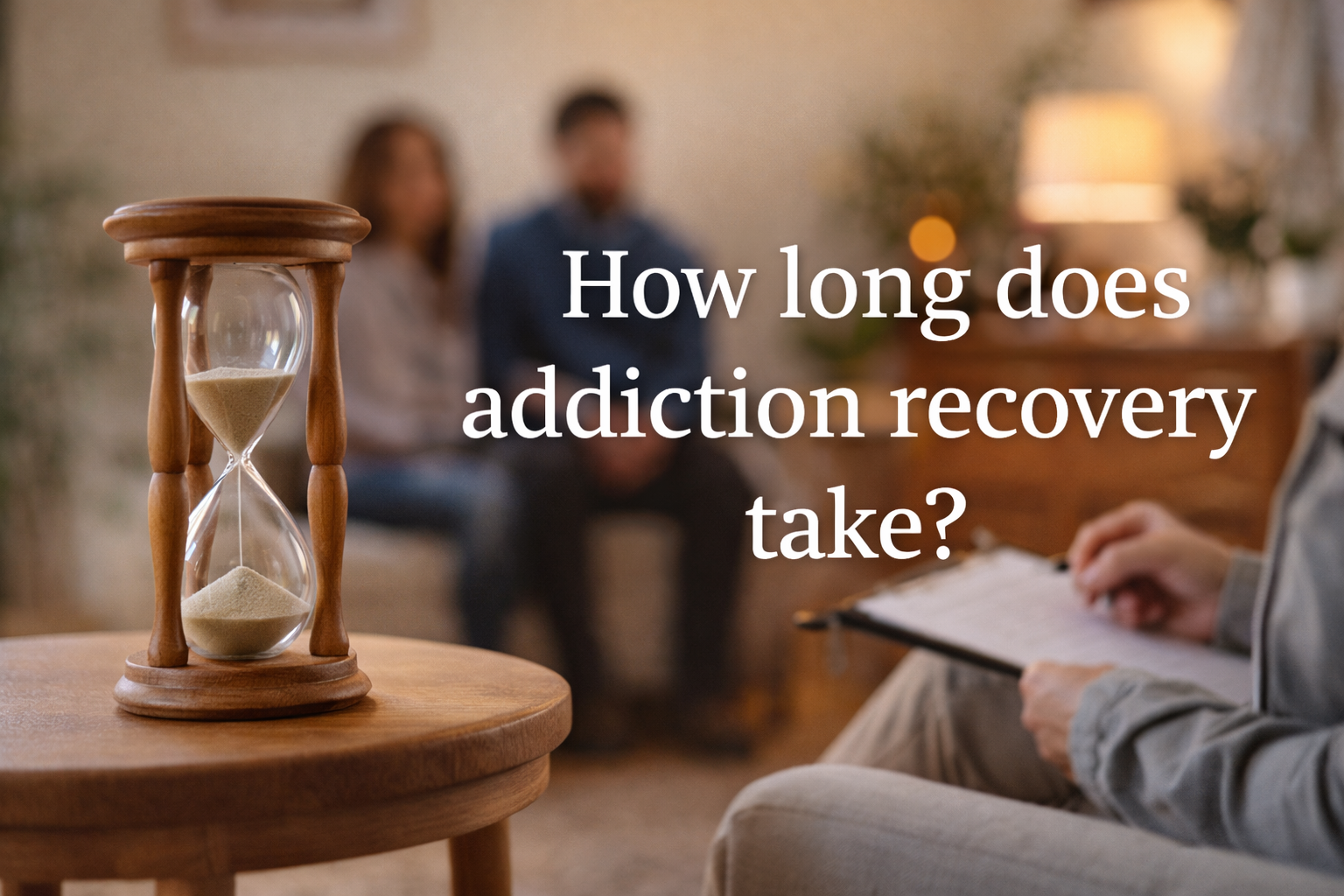Over 51 million Americans have tried Methamphetamines at least once in their life. Chances are some of them have developed dependency towards the drug resulting in the infamous dental condition of Meth overuse known as “Meth Mouth”. Besides Meth, Crack Cocaine, Marijuana, and eating disorders have also contributed to oral illnesses. Tooth decay, gingivitis, and other chronic oral infections await the unwary addict in recovery. This is because dental illnesses may still pervade long after sobriety is achieved. Yet, unless an addict is abstinent either from drugs or from a process addiction, which damages the oral cavity (eating disorders), one will not attain full dental recovery. Hence, abstinence is the foundation for oral recovery in as much as it applies to addiction. Therefore, it is imperative to take dental care seriously in recovery because being in recovery is the right time when damages can be healed and fixed before deterioration makes it too late for dental rejuvenation!
Dental Effects of Drug Abuse
Below is a list identifying the various drugs and the negative consequences on one’s dental health:
Cocaine
Movement disorder (Crack Dancing) Or Boca Torcada (Twisted Mouth)
Heroin
Decayed, Missing, and filled teeth
Marijuana
Acidic erosion of enamel due to
Methamphetamines (Meth)
Meth Mouth, which consists of: Large carious lesions in buccal smooth surface areas, fractured teeth, prolonged sleep leading to poor oral hygiene.
Dental Effects of Eating Disorders
Eating disorders range from starvation (), binge eating disorder, binge and purge cycles (), all of which cause nutritional deficiency at some level. This leads to a number of dental problems as the oral cavity plays a major role in the disorder and is largely affected by the abuse of food. Below is a list of dental effects resultant of eating disorders:
- gums and other soft tissue will become vulnerable to bleeding easily.
- brings with it nutritional deficiency such as in , restrictive food intake inhibits proper/appropriate nutritional absorption causing a lack of calcium, vitamins D and B3 resulting in gingivitis.
- which involves continuous regurgitation of stomach acids over teeth, causes enamel erosion and tooth discoloration not to mention tooth decay.
- is the development of degenerative arthritis within the temporomandibular joint in the jaw resulting in difficulty in opening and closing the mouth.
- can lead to “soft palate”, which are cuts and scratches in the mouth.
- will cause enlargement of salivary glands, which can be very painful as well as visible to others, causing much emotional distress.
Why is it important to assess our oral health in
recovery?
Oral health is still health and like all facets of physical well-being, it is important to assess dental health because negligence in this area may result in a number of unwanted consequences such as:
- are two different types of acute airway
obstructions that may result from disregarded oral pain, swelling, infection,
and abscessed teeth. Death by means of choking could result from this disease.
This makes it ever so pertinent not to undermine the severity of oral disease. - Oral lesions
could be a precursor for sexually transmitted illnesses (STIs) and Diabetes
Type II to name a few. Complications from oral disease have serious physiological
ramifications, hence the importance of dental management in recovery. - will lead to heart, lung disease, and
stroke. Thus the necessity for continuous monitoring, especially after the
destruction brought on by previous addictive behavior and chemical abuse.
Besides averting ourselves from unwanted circumstances, as stated above; it is necessary to monitor our dental well-being for recovery purposes such as:
- Practicing appropriate dental / oral
hygiene is the opposite of the negligent behavior endemic in active addiction
of not caring at all about our physical well-being. It shows that we care for
ourselves and that sends a strong and powerful message to our own recovery. - The pay-off of a
recovering lifestyle for addicts new to sobriety is the amount of well-being
and radiance pervasive as a result of the absence of addiction. Good oral
health actually adds to that radiance because not only does it facilitate a
beautiful smile, but it enhances a holistic healthy body system.
[1] Information was cited from: http://www.oralhealthgroup.com/features/dental-management-of-patients-with-a-history-of-substance-abuse-with-special-consideration-for/
Taken from:
https://www.nationaleatingdisorders.org/dental-complications-eating-disorders
Information for the unwanted consequences
was taken from:
http://www.esciencecentral.org/journals/the-importance-of-oral-health-in-treatment-outcomes-for-the-chemically-dependent-population-2329-6488-1000204.php?aid=54160




.jpg)



